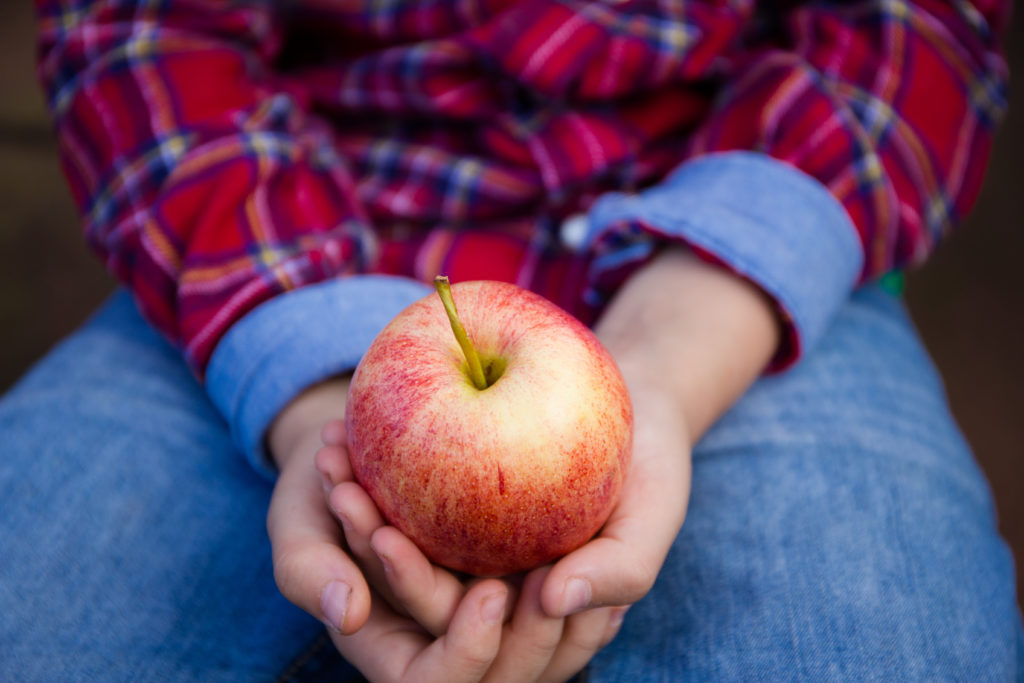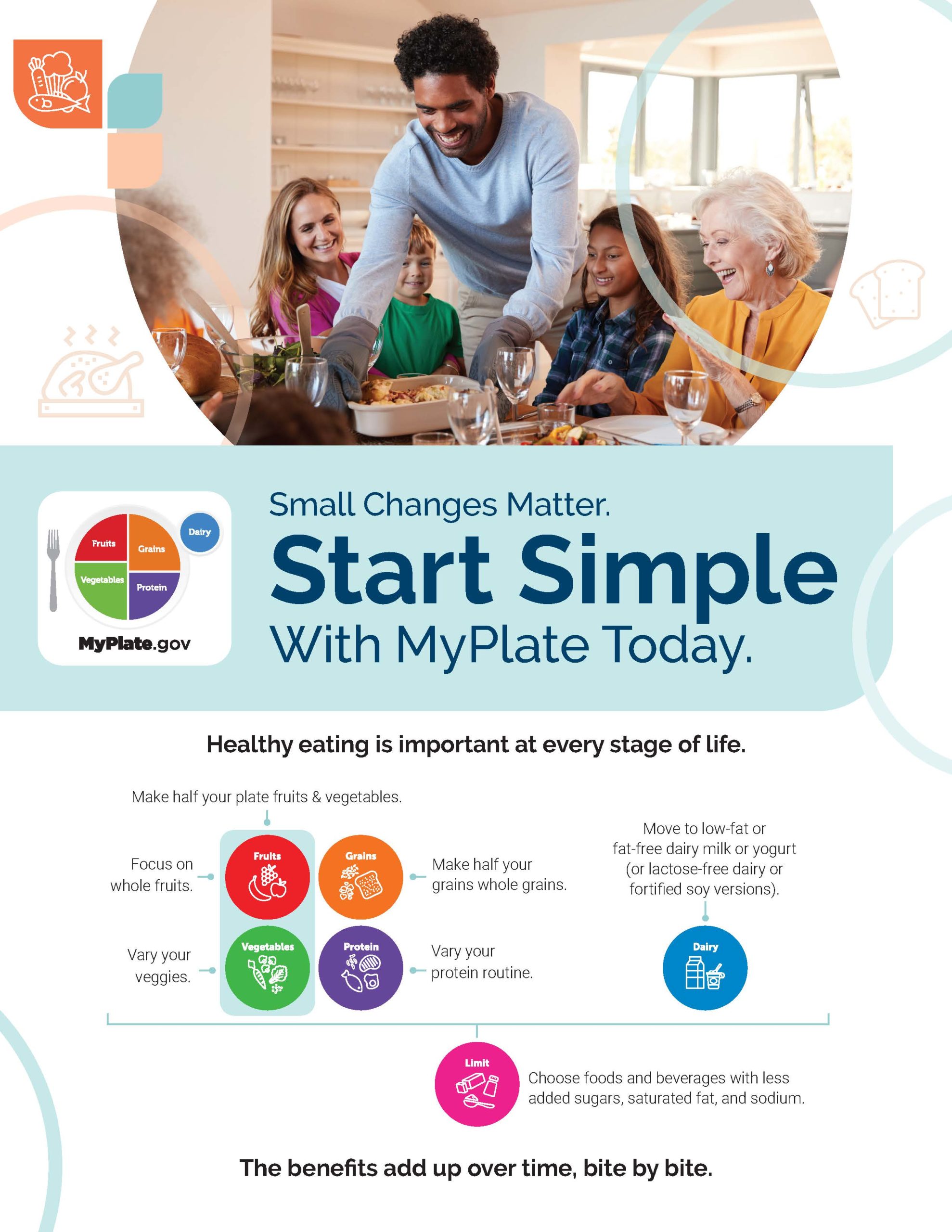Contributor Dr. Elise Herman
As summer winds down, parents and children are well aware of the approach of the new school year. Some kids are very excited about learning and seeing their teachers and friends again, while others have more reservations. COVID and recent school shootings complicate this often emotional transition. There are steps parents can take now to make this go more smoothly.

Sleep
If sleep schedules got lax over the summer, start now to get back on track. To make bedtime earlier, adjust the wake-up time, moving this up by 15 minutes a day. Kids ages 3-5 years need 10-13 hours total sleep daily, those ages 6-12 years should get 9-12 hours, and teens need 8-10 hours. Remember, no ’screens’ of any kind for at least one hour before bedtime. Reading to your child before bed (or kids reading on their own) aids in falling asleep and is an excellent habit to develop now.
Nutrition
Ensure your child gets up early enough to have a healthy (not sugary) breakfast, improving attention and mood. If your child is taking lunch to school, review what they would like to bring—plan on including fruits and veggies and avoiding processed foods. Water is much better than juice; if they drink milk, nix the chocolate milk, which has as much sugar as soda. Family dinners are a great way to connect during the school year and have been shown to improve nutrition and emotional health. Although it can be tricky to have family dinners with kids’ sports and activities, try to make this a priority.
School Prep
For younger kids, being able to go to school and play on the playground now is very reassuring. Some schools will allow a visit to the classroom and a brief meeting of the teacher as well. You and your child can look at their school online, where they can see photos of the building and the school staff. Review transportation plans and always spend 10 minutes of “getting ready” time on school mornings so your child can be on time with less stress.
School Supplies
Look at the list for your child’s school and classroom (schools often post this on their website) and buy supplies early. Have your child practice packing their backpack and designate a place at home where it goes at the end of the day. All papers and notebooks should come out of the backpack daily so homework gets done and other things don’t accumulate. Pack the backpack with completed homework and any needed items the night before to help mornings go smoothly.

School Safety
In view of recent events, your child may have questions or concerns about school safety. Reassure them that a school is a safe place and that you are comfortable having them there. Although there may be a spike in COVID this fall, we have good tools (vaccines, treatment, etc.) to help. As tragic as school shootings are, they are rare, and schools continue to work on security to help prevent such violence. We must display confidence in our child’s safety at school, even if we are concerned.
Back to school “nerves”: If your child feels a bit nervous about the return to school, let them know they are not alone. This is common, especially if they are going to a new school (as will be true of many kids in Ellensburg with the new attendance zones). Talk up the positives of learning new things, making new friends, and meeting their teacher. If you recall feeling the same way, share that with them and how your nervousness dissipated over time.
Going back to school in the fall is a big deal for you and your child; let them know you have confidence in their ability to rise to this challenge. Planning a fun post-school activity and a special family dinner after that first day will give them something to look forward to and be a terrific way to celebrate this transition.
Local School Districts
Below is a list of Kittitas County school districts and their Facebook pages. Schools often post supplies lists, drop-off/pick-up info, scheduling, and other important information for parents and students.
more about The contributor

Dr. Elise Herman
Dr. Herman is passionate about community health outreach, school programs, and child/family health and wellness. She has more than 31 years of experience as a pediatrician in Ellensburg, Washington, the last 3 with KVH Pediatrics. In 2022 Dr. Herman mostly retired from practice and continues to contribute blog posts and remain a visible advocate for kids in the community.


